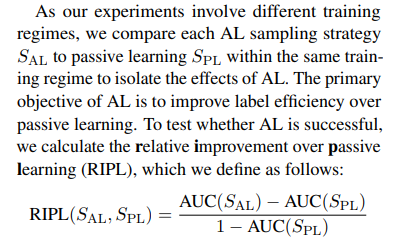Injective ETF Proposal from Canary Triggers SEC Public Input Phase
TLDR
- The SEC has started a 21-day public comment period on the proposed Injective ETF from Canary.
- Canary submitted the Injective ETF proposal last month for a fund that would track the staked INJ asset.
- The SEC will decide on the next steps for the ETF up to 90 days after the filing date.
- The proposed Injective ETF would be listed and traded on the Cboe BZX Exchange if approved.
- Canary stated that INJ’s market cap and global trading activity reduce the risk of price manipulation.
The U.S. Securities and Exchange Commission (SEC) has opened a public comment period on a proposed Injective ETF by Canary. This exchange-traded fund (ETF), if approved, would track the native asset of the Injective blockchain. The proposal sets the stage for potential trading on the Cboe BZX Exchange.
SEC Reviews Canary’s Staked Injective ETF Proposal
Canary submitted the Injective ETF proposal last month, aiming to introduce a staked version of INJ to the market. The SEC now seeks public input, giving stakeholders 21 days to submit their comments. The agency will decide on the next step within 90 days of the Aug. 11 filing.
In the filing, the exchange emphasized INJ’s resilience to market manipulation due to its wide distribution.
The document also noted that INJ had grown to a market capitalization exceeding $1.4 billion.
The proposed Injective ETF would track the value of the staked INJ asset, integrating staking features into a spot ETF. Canary argued that the Injective ETF’s underlying asset was more secure than many traditional markets. The firm highlighted its decentralized nature and high trading volume as protective factors.
Momentum Grows for Crypto Staking ETFs
The SEC’s recent activity signals increasing interest in crypto staking ETFs, especially amid a more supportive political climate. During President Donald Trump’s second administration, regulators have shown a more open stance toward blockchain products. As a result, multiple ETF proposals have surfaced in recent months.
VanEck recently filed for a JitoSOL ETF that would be the first to track a liquid staking token on Solana. According to the Jito Foundation, this fund would be “100% backed” by the staking token JitoSOL. Meanwhile, REX-Osprey also proposed a Solana ETF that integrates staking rewards via JitoSOL.
These proposals indicate a broader trend of ETF issuers exploring liquid staking models. These funds aim to combine yield-generation with regulated investment exposure. The Injective ETF follows this trend by offering staking-based returns within a compliant structure.
SEC Clarifies Stance on Staking-Based Products
In May, the SEC clarified its position on staking, noting most proof-of-stake features fall outside its jurisdiction. The agency later confirmed that many liquid staking activities do not constitute securities. This guidance opens the door for ETF proposals tied to staking mechanisms.
On the same day it opened comments for the Injective ETF, the SEC delayed its decision on the WisdomTree XRP Fund until October 24. The delay is part of its routine review process for new fund proposals. These moves reflect the agency’s evolving approach toward digital asset products.
The SEC’s decision on the Injective ETF could mark a pivotal moment for crypto ETFs with staking. As more firms push for spot ETFs, market participants await further regulatory clarity. The coming weeks will determine how the SEC proceeds with these new investment vehicles.
The post Injective ETF Proposal from Canary Triggers SEC Public Input Phase appeared first on CoinCentral.
Vous aimerez peut-être aussi

US Treasury Secretary: Cryptocurrency will not threaten the status of the US dollar, but stablecoins will help consolidate the hegemony of the US dollar

Who Learns Faster With Less Data? Adapters Beat Full Fine‑Tuning
